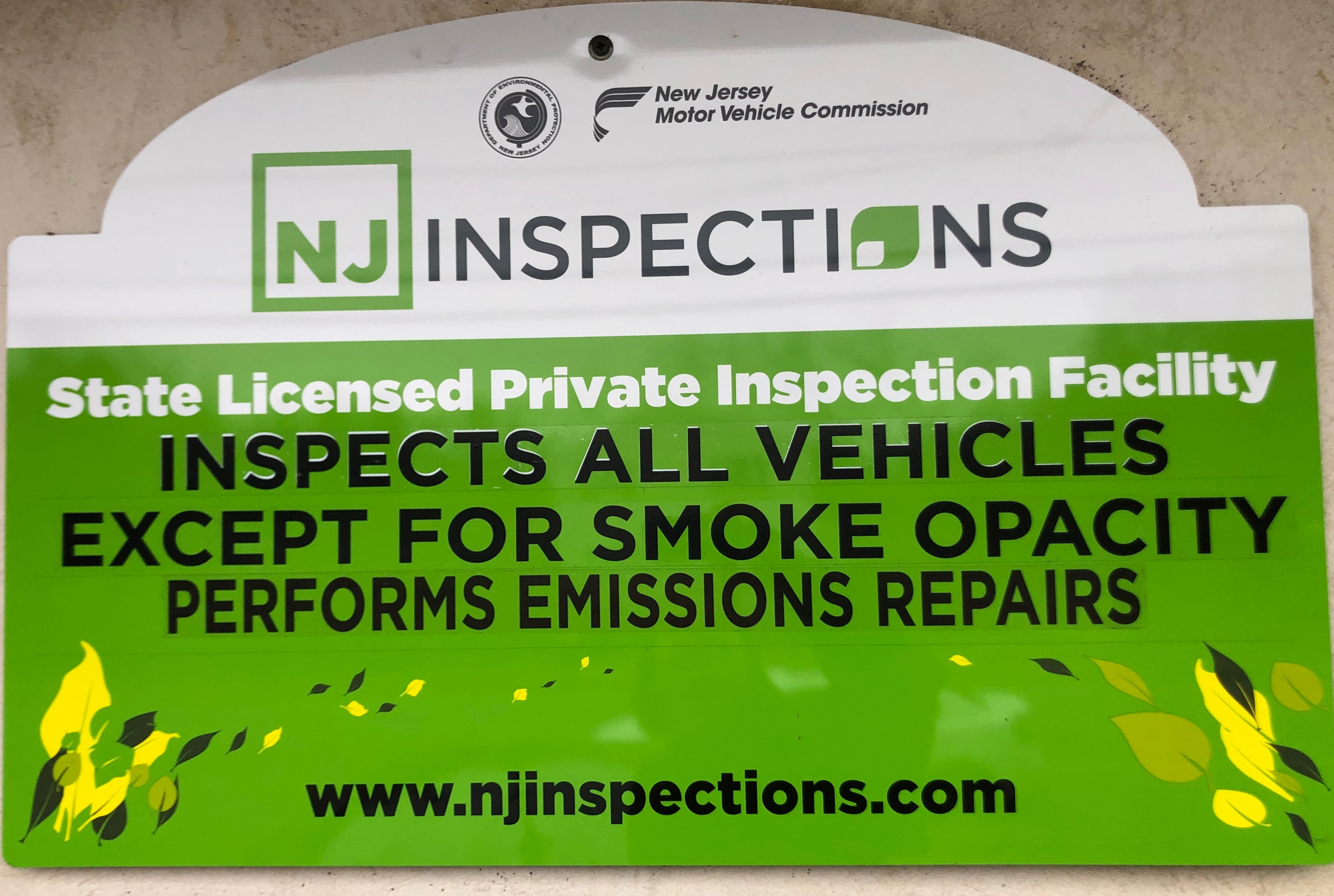

Why Does the State of New Jersey Require Vehicle Inspections?
It’s important to have your vehicle inspected every two years (or one year for commercial/livery vehicles) to make sure that your vehicle is safe and that its emissions are up to the standards set by the state of New Jersey. Inside of your windshield, there is an inspection sticker which shows the month it expires, this way you’ll know when you should schedule your vehicle’s inspection at Luke’s Auto Service in Verona, NJ. Car owners should be aware of this deadline to avoid getting citations and are able to take their vehicles for inspection two months prior to the deadline. Keep in mind that if you have a new car, you don’t have to have the vehicle inspected until you’ve officially had it for five years.
Do You Have All Necessary Documents and Car Information for Your Inspection?
When you bring your car down for an inspection, you should bring your driver’s license, registration, and proof of insurance. The night before your inspection please collect all the documents you need so you don’t forget them before bringing your car down.
What Is Checked During a New Jersey Vehicle Inspection?
New Jersey began inspecting vehicles in 1938, and the first emissions testing was started in 1974. Inspectors used to look at your steering, suspension, lights, glazing, tires, wiring and switching, brakes, wipers, and horn. They also conducted an emissions test and an inspection of your windshield and gas cap. Today, the only things that are checked are the vehicle’s emissions and gas cap to make sure fuel isn’t leaking. Commercial vehicles require an all safety inspection as well as an emissions test.
Why and How Is a Car Emissions Test Conducted?
Emissions testing ensures that vehicles with malfunctioning emission-control systems (vehicles that are polluting the air) will fail the state inspection and will require the necessary repairs within one month of the initial inspection. If the time elapses, the vehicle owner could receive a citation. With these tests, it can help to lower the pollutants your vehicle releases and can help the air quality of the environment. The emission test has comparable measurements of exhaust emissions for different engines and vehicles. When you take your car for emissions test inspections, we will determine what kind of engine your car has and prepare it for testing. Testing protocol varies depending on your vehicle make and model year, but all emissions tests involve a gas-cap pressure check to make sure the gas cap is keeping fuel vapors from escaping into the environment. We use on-board diagnostic (OBD) testing on most vehicles which involves attaching a scanner to the car’s computer and downloading data to detect malfunctioning emissions equipment. Once completed, our technicians will put a new two-year sticker on the windshield if the vehicle passes.
What Causes On-Board Diagnostic (OBD) Failure?
A “not ready” status of monitors or too many monitors as indicated on the “Vehicle Inspection Report” can cause on-board diagnostic readiness failure. OBD readiness failures can occur for various reasons:
-The battery was replaced within the last month
-Vehicle won’t start because of a bad battery or alternator
-Repairs were made on the vehicle within the last month
-“Check engine” light was turned off in an attempt to pass inspection
What to Do If You Fail the Vehicle Inspection
If your car fails its emissions inspection, our certified ERT technicians will run a diagnostic on your vehicle to determine the cause of the issue and make the proper repairs. After completing your emissions repair facility paperwork, you will have up to one month from the last day of the month noted on the inspection sticker to bring your vehicle back for re-inspection with the repairs paperwork.
It is important for New Jersey drivers to be as safe as possible on our crowded roadways, and to make sure their vehicles are in proper working order. Next time you’re due for a New Jersey vehicle inspection, skip the wait at the DMV and come over to Luke’s Auto Service in Essex County. Hopefully, your vehicle will pass and you will be on your way. If it doesn’t, we’ll be able to repair it and re-inspect it, saving you time! If you have any questions please email or call us!
